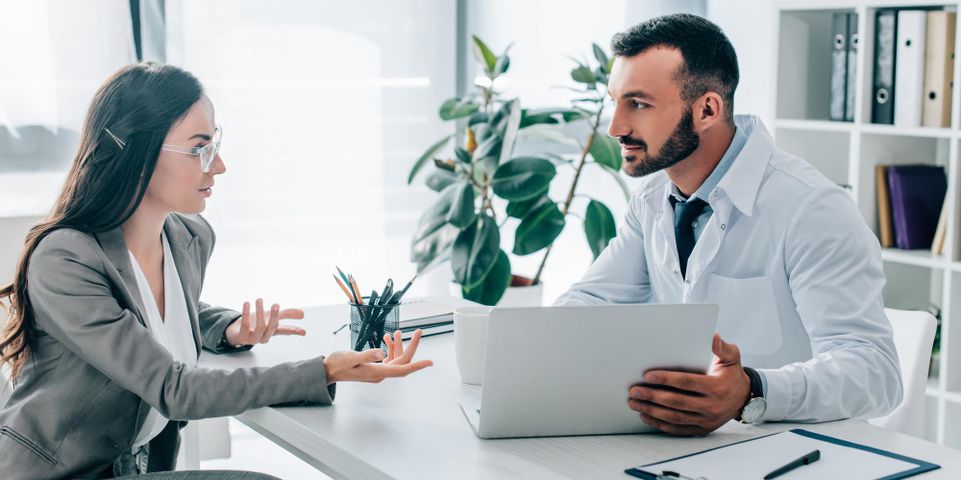
Endometriosis is a gynecological condition that may affect women during child-bearing years. While it is incurable, those afflicted can lessen symptoms with the right treatment. If you’re having pain near your abdominals, below are some of the most-asked questions about endometriosis that can clarify if you need to visit a women’s health clinic for a check-up.
Frequently Asked Questions About Endometriosis
What is endometriosis?
Endometriosis is a medical condition that occurs when the lining of the uterus grows over other places in the womb, such as the ovaries, fallopian tubes, or around the pelvis. This causes heavy periods, cramps, cysts, and possibly infertility. In extreme cases, endometrial tissue could grow in the cervix, vagina, bladder, bowels, or other parts of the body.
What are the symptoms?
Pain during menstruation is standard for most women, but if the cramping is severe and debilitating, you could have endometriosis. During menstruation, the endometrial tissue sheds inside the body. Instead of replacing itself, the lining will either duplicate and create scar tissue or latch onto another part in the body. The pain is due to the internal bleeding caused by the scar tissue, or when it blocks the fallopian tubes or bowel.
Schedule an appointment with a women’s health clinic if you have pain before your period, if the pelvic pain persists, or if it continues after the period ends. Women may also experience painful urination, bowel movements, gastrointestinal upset, fatigue, and pain during sex. Infertility and bleeding between periods are other signs of endometriosis but only in extreme cases.
How is it treated?
Treatment options include pain medication for cramping, hormone therapy to slow growth of endometrial tissue, and surgery to remove it when it grows and blocks other organs. Birth control pills are used for women who don’t wish to become pregnant to stop growth. For women who want to have children, a hormone treatment called GnRH is prescribed. GnRH does halt ovulation, but only for a short time as a means to repair the ureteral wall.
If symptoms keep coming back after surgery, medication, and hormone therapy, total removal of the uterus is the last resort option. Endometriosis is unlikely to return after this procedure.
Will I be able to have children?
Having endometriosis doesn’t automatically mean you will never have children, but you may have problems getting pregnant. While an estimated 30 to 40% of women with endometriosis have trouble getting pregnant within 12 months of trying, the vast majority will eventually be able to have at least one child. If you’re worried about infertility, ask your doctor for a treatment plan that will increase your ability to have children.
If you’re a woman looking for compassionate medical professionals who can help improve and maintain your health, contact the offices of Paula Korn ANP in Anchorage, AK. For over 35 years, this women’s health clinic has specialized in reproductive health, menopause treatments, gynecology, and mammograms. They can also prescribe birth control. For more information, visit their website or call (907) 277-2597 to schedule an appointment.
About the Business
(4 reviews)
Have a question? Ask the experts!
Send your question

